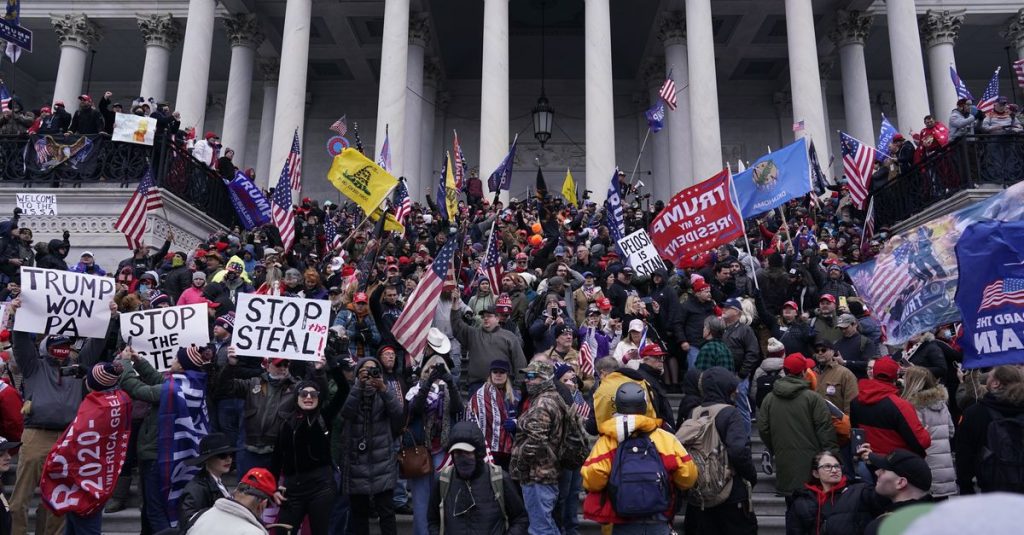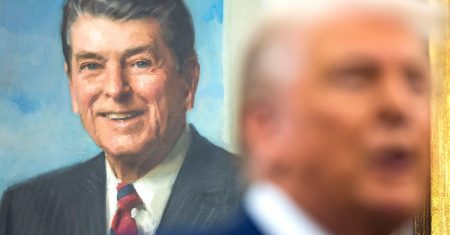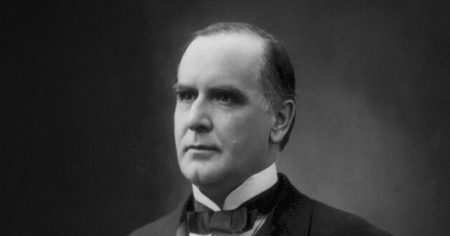The Disappearance of January 6 Capitol Riot Evidence: A Threat to Transparency and Justice
In a concerning development, federal courts and judges have recently been alerted to a disturbing issue: key evidence tied to cases related to the January 6, 2021, attack on the U.S. Capitol has vanished from an online portal where such records are legally required to be stored. This portal, known as USAfx, was established to ensure transparency and public access to records, including videos, images, testimony, audio recordings, and text messages. At its peak, it contained tens of thousands of such documents. However, in the last week, some of these critical records, particularly those related to one Capitol riot defendant, Glen Mitchell Simon, have mysteriously disappeared. This disappearance has raised alarms among journalists, lawyers, and advocacy groups, who are now demanding answers and action to restore the missing evidence.
The Press Coalition’s Fight for Transparency: A Timeline
The Press Coalition, a group of 14 prominent media organizations including CNN, ABC, The Associated Press, CBS, NPR, and The New York Times, has been at the forefront of efforts to secure public access to January 6 trial records since 2021. Their efforts led to a standing court order requiring the Justice Department to preserve video exhibits from the Capitol attack in the USAfx portal. This order was intended to ensure that the public and the media could access these records, which are crucial for understanding the events of January 6 and the subsequent prosecutions. However, the Coalition recently discovered that video exhibits from Glen Mitchell Simon’s case, which were previously available on the portal, are now missing. When the Coalition inquiries about the disappearance, the Justice Department offered no explanation, further fueling concerns about the integrity of the process and the transparency of the Justice Department.
The Case of Glen Mitchell Simon: A microcosm of the Larger Issue
Glen Mitchell Simon pleaded guilty in 2022 to charges related to his involvement in the Capitol riot, including disorderly conduct in a restricted building. Prosecutors described Simon as an active participant in the violence, claiming he helped incite the crowd by shouting at police and urging rioters to seek out members of Congress. He was sentenced to eight months in prison, but his case has now come under scrutiny again due to the disappearance of critical evidence. Specifically, nine video exhibits that were entered into evidence during his case are no longer accessible on USAfx. The Press Coalition argues that these videos are judicial records protected by the First Amendment and common law, and their disappearance constitutes a violation of the public’s right to access them. The Coalition’s motion requests that the court order the Justice Department to restore Simon’s file within 48 hours, explain the reason for the records’ disappearance, and disclose whether any other videos or records were similarly removed.
The Broader Implications: A Challenge to Judicial Transparency and Public Trust
The disappearance of Simon’s records is not just an isolated incident; it speaks to a larger pattern of concern regarding the handling of January 6-related evidence. The Press Coalition emphasizes that the public’s right to access these records does not diminish, even if defendants have been pardoned. In fact, the Coalition argues, the public interest in maintaining access to these records becomes even more critical in such cases, as the videos represent an immutable record of the truth, unaffected by the narratives of those charged or their allies. The Coalition’s lawyer, Charles Tobin, highlighted this in court, asserting that the public interest in preserving these records is greater than ever, given the potential for revisionist narratives to erase or distort the reality of the Capitol attack.
Judicial Pushback Against Revisionist Narratives: The Role of Federal Judges
Federal judges have been vocal in their opposition to attempts to downplay or distort the events of January 6, particularly in the wake of President Donald Trump’s recent pardons and commutations for some rioters. These pardons have been criticized for seeking to rewrite the history of the attack and undermine the legitimacy of the prosecutions that followed. For example, U.S. District Judge Paul Friedman, who presided over the case of former U.S. Marine Major Christopher Warnagiris, convicted of assaulting police during the riot, explicitly rejected Trump’s characterization of the prosecutions as a "grave national injustice." Friedman emphasized that the charges against Capitol rioters were "fully supported by evidence in the form of extensive videotapes and photographs, admissions by defendants in the course of plea hearings and in testimony at trials, and the testimony of law enforcement officers and congressional staff present at the Capitol on that day." He also warned against the "revisionist myth" conveyed in Trump’s pardon proclamation, stating, "This Court cannot let stand the revisionist myth relayed in this presidential pronouncement." Friedman’s strong stance reflects the judiciary’s commitment to upholding the truth and ensuring that the records of the Capitol attack remain accessible to the public.
The Justice Department’s Role: Questions and Concerns
The Justice Department under the Trump administration has faced criticism for its handling of January 6-related evidence, with accusations that it has been selectively removing records from the internet since the attack. The Department has not yet responded to HuffPost’s request for comment on the disappearance of Simon’s records, leaving many questions unanswered. The Press Coalition’s motion seeks not only the restoration of the missing records but also a guarantee that no further records will be removed without a formal request to the court and without notifying the Coalition. This case highlights the ongoing tension between the public’s right to know and the government’s handling of sensitive records. As the legal battle over the missing records continues, it serves as a reminder of the importance of transparency in the judicial process and the need to safeguard the integrity of evidence in high-stakes cases. The disappearance of these records is not just a legal issue; it is a threat to the principles of accountability and justice that underpin the American legal system.















